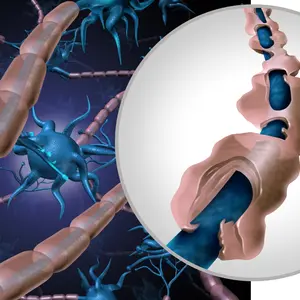

Functional Medicine

Functional Medicine
The Importance of Storytelling in Functional Medicine
A patient’s story is a powerful tool for both patient and clinician—and a key component of the Functional Medicine (FM) approach. Rita Charon, MD, PhD, believes clinicians can provide better care when they take the time to connect with patients and consider their personal experiences. She coined the term "narrative medicine" in 2001, describing it as “medicine practiced with the skills of recognizing, absorbing, interpreting, and being moved by the stories of illness.”
The Functional Medicine Timeline (FM Timeline) is a patient-centered tool used by Functional Medicine practitioners to record a patient’s story, putting narrative medicine into practice. This helps clinicians identify the factors that have predisposed or contributed to the manifestation of the patient’s current condition. The FM Timeline also benefits the patient by providing insight into and validation for their story.
Henry Roca, MD, Institute for Functional Medicine educator, says, “Receiving the richness of that person’s life—whatever it is they choose to give to you—is actually therapeutic in and of itself, and it leads you to understanding how to help the individual unwind their set of circumstances.”
When patients feel heard and acknowledged, they better understand the causes of their illness and frequently are more motivated to engage in their treatment plan. A systematic review published in BMJ Open found that the practice of narrative medicine leads to high patient satisfaction and positive health outcomes. Conversely, research has shown patients who perceive a lack of empathy and compassion in their healthcare providers have poorer health outcomes, are less likely to return for care, and sue for malpractice at higher rates.
The use of the FM Timeline with an empathetic approach develops a mutually beneficial patient-practitioner relationship that provides the basis for a successful Functional Medicine therapeutic partnership.
REFERENCES
The Institute for Functional Medicine. (n.d.). The role of empathy and storytelling in Functional Medicine. https://www.ifm.org/news-insights/role-empathy-storytelling-functional-medicine/


 By
By



